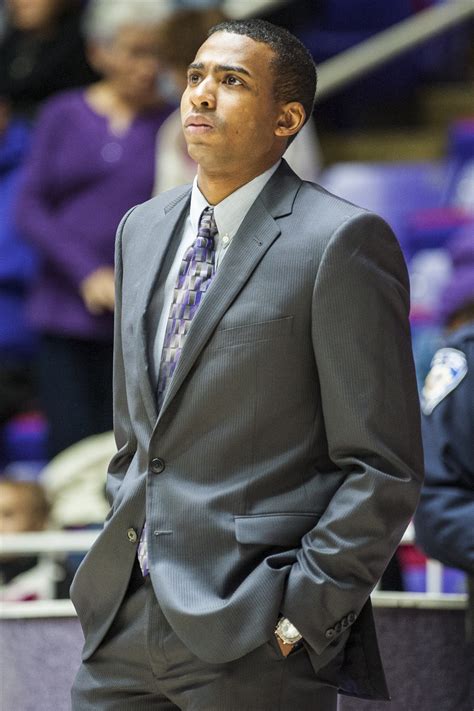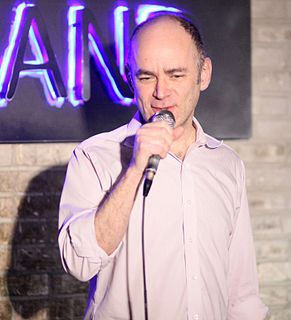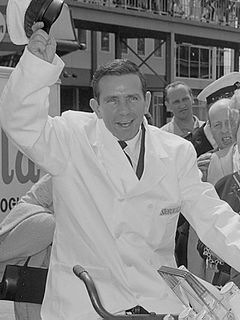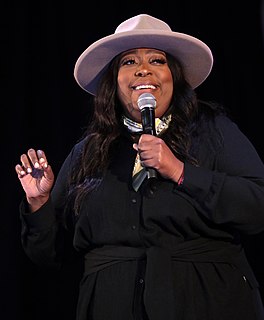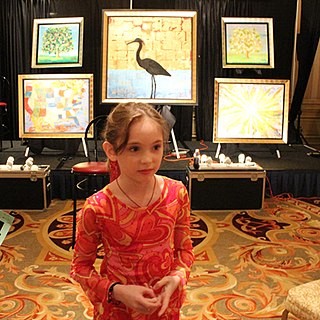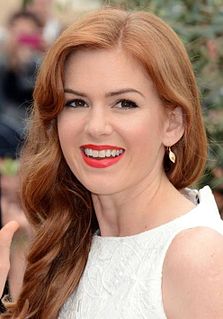A Quote by B. J. Porter
There's so many variables in comedy. Comedy is not this thing that's a performance like a play. It's really an interaction with every single person in the room. And if there's a weirdness in the room for any people, be it something the comedians did at the top of the set or be it the mixture of the people isn't right, something can go awry. So it's really great to see you proven wrong about someone.
Related Quotes
The problem with a lot of comedy clubs is not that they are a comedy club; it's just the cheesy way they're presenting themselves. That's why a lot of people have a problem with them. If you're a relatively unknown comedian, you can play at a comedy club, you might play to hundreds of people every night. But if you try to make a concert event out of it, and try to play a rock club or something, where you might play to 10 people or no people. And the flipside of that is, that's also a great thing, to play to people who are your fans. Some people are too hard on the comedy clubs.
There are days where I can go into a room full of people, talk to every single person, and feel completely at ease, and feel like making every single person laugh, and feel like everyone's having a great time. There are other times where I go into a room of people, and I literally want to run and hide.
And writing comedy and it really taught me how to kind of like craft jokes, it sounds like weird but really focus on crafting jokes and trying to make the writing really sharp. At the same time I did improv comedy in college, and that helped with understanding the performance aspect of comedy, you know, because it's different when you improv something vs. when you write it and they're both kind of part of my process now.
Usually when I'm painting something it takes a lot of focus. I have the room I go into called the white room. In my imagination when I'm really focused I go into that white room and all that's there is me, my painting, and my tools. There's no distraction. When I'm really concentrated I like to have it silent but when I'm doing something that doesn't have to be necessarily perfect, I can just go for it.
Comedy is a funny thing, and it's really not like any other art form in that it's very specialized and varied in it's content, but generic in it's title. You would never go to a club just to see "Live music," you would go to a jazz club to see jazz, a blues club to see blues, etc. But when you go to see "standup comedy," if you don't know the performers material, you really don't have any idea what you're gonna get.
I don't think it's good when entertainment tries to proselytize and I don't think people ultimately want someone showing up in their living room and just hectoring at them all day long. But if you can create a space where people are caught up in something - whether it's a drama, a comedy, a romantic comedy, or science fiction - that's when people give over their minds and allow their emotions to flow.
The thing I find really special in performance is that there is this slightly mystical thing that takes over when you're responding to a crowd and engaging in people's imaginations collectively in a room. I've always thought that one of the most incredible things about being alive is going to see some kind of performance like that.
From my experience working with comedians, there is that competitive aspect. With actors, for instance, they don't want to look competitive even if they are, whereas comedians, I think, are openly happy to play on the idea that they all compete with each other to get the laughs. There's something about comedy, I think, that encourages that. There's this kind of schoolboy sense of wanting to top the other person that we play off of to show them competing for who's smarter or cleverer.
I was not one of those people who wanted to be a comedian when I was growing up. I liked comedy, but didn't know it was something you could do for a living. I actually wanted to be an attorney. I did do things on the side like improv and sketch comedy, but law was my focus. I was a very bookish, academic kid. When I got out of college, I was really unhappy. I had a great job that I should have loved, yet I was miserable. I slowly realized that was because I wasn't performing. So I just tried stand-up and fell in love with it after one performance.
